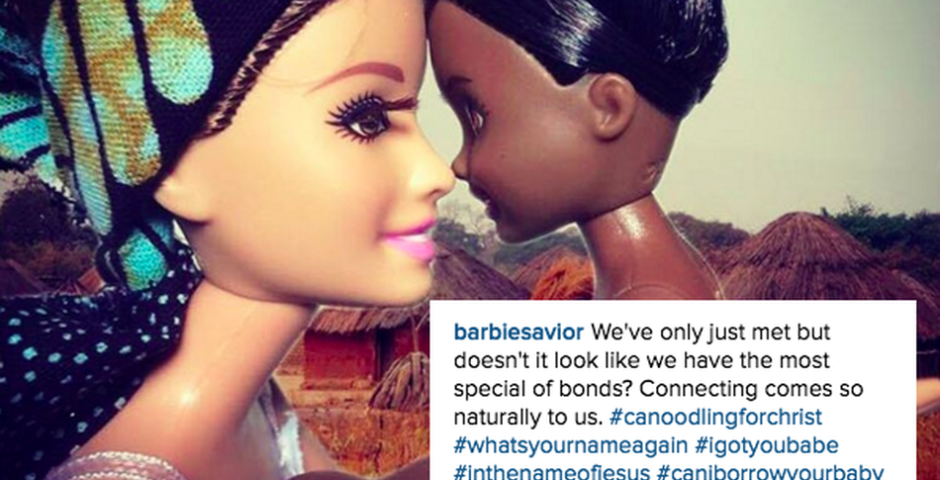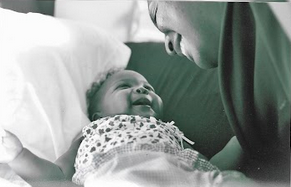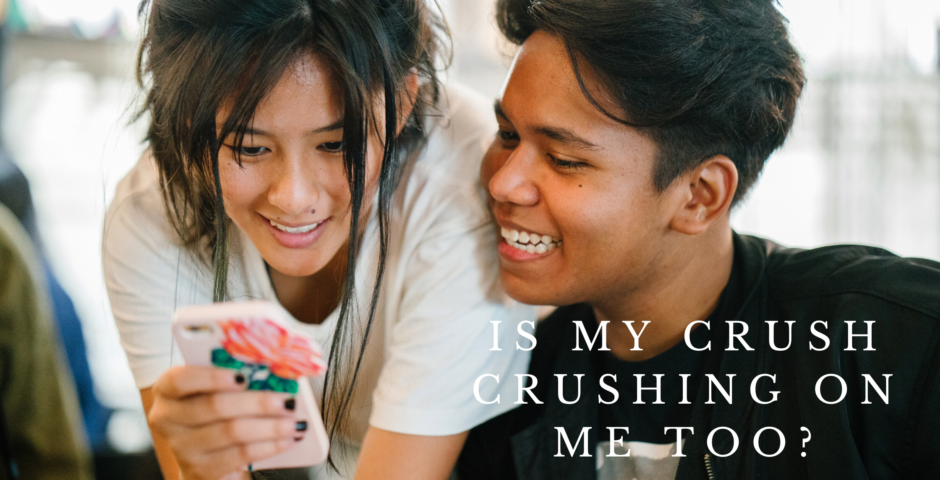Why I Am Very Happy With My Children’s South African Education
One of the tenants of being a Good African Mother is to make sure that your children have a quality education that will ultimately prepare them for one of three respectable professions – those being: Doctor, Lawyer and Engineer. (Engineer usurped ‘Banker’ about 15 years ego, coinciding with the rise of the proliferation of social media, a tool African Parents employ to spy on their African Children.) With Chimamanda’s rise to prominence and influence, we may be able to add “author” as a fourth option to this coveted list, but I suspect that any foray into the world of professional writing will have to be preceded by an attempt – at least – at one of the previously mentioned professions. On second thought, that wouldn’t be advisable. The shame of being forever known as the African Child who dropped out of medical/law/engineering school would be too much to bear…unless you’re Chimamanda.
The lesson is, just become Ms. Adichie if you harbor no plans of becoming a proper professional.

Whatever career track my children decide to follow, it’s my job to prepare them for it. Some people have expressed concern about the quality of education that the Grant kids will be receiving in South Africa, a concern that I carried with me coming from the US as well. South Africa’s educational statistics are pretty grim. There’s no denying that. Only 71.2% of grade six level South African children are literate (source: Unesco), this despite the $1, 225 South Africa spends on primary education per pupil, one of the highest investment amounts on the continent. The legacy of apartheid in education is still very real, and effects policy today. Students who live in townships are routinely bussed into more affluent school districts where there are better teachers, better facilities and better chances at networking with who will become colleagues and leaders in the future. If you’re reading this and it sounds eerily familiar – say, the way education and opportunity works in America – you’re not too far off. Affluence works the same way globally.
While we are not as wealthy as the average Plettonian, we still find ourselves in an income bracket that is above what the average person of color earns in this corner of the country. The education that our kids are benefiting from comes at a premium, and I have no delusions about that. We pay R1000 per child per month. The average domestic worker or day laborer can reasonably expect to earn R3000-4000 a month for their labor, earnings which must be spread over rent, feeding, transportation and other living expenses. I spoke to a Zimbabwean art dealer who wanted to get his son into Plett Primary where my kids attend school, and he lamented that it was really “difficult” to get the boy in. Without saying as much, I knew he was talking about affordability.
Good and quality education should not come with a steep price tag, but it often does. South Africa is no exception to this. Since we have found ourselves in this fortunate position, I will take the time to say that I do appreciate what and how my kids are being taught here. The pace is much faster than what they were accustomed to in the States, and they are being taught fundamentals that are being lost in Western education… fundamentals as basic as handwriting.
My eldest child is very much like her mother and has abysmal handwriting. Because very little schoolwork is computer based in this country, it is essential to have neat and legible handwriting, something that her teachers emphasis with every project she turns in. Developing this skill will only go on to assist her with the visual art career she claims she has decided to pursue.
I believe my children are getting a more rounded approach to education. In addition to core subjects like math, language and science, they are taught life skills and ballroom dancing. Sports is considered equally important as any other subject on the time table, and after leading a largely sedentary school life in the States, it’s great to see my children take an interest in clubs that are physically demanding. And the best part? They are free. I don’t have to pay a bunch of money in dues, fees or extra equipment that would likely go unused. Every term, they are given a chance to explore a new sport club, including surfing. Our teachers are generally willing to help our kids after school to get them caught up in the subjects they are struggling in; but I can’t say for certain that this is the sort of dedication you could expect from a township teacher who might show up to work drunk, if at all.
Everything sounds rosy, right? Up until 7th grade, everything will be. That’s when it pretty much goes to crap.
Primary education in South Africa provides a solid foundation for learning, but high school is much trickier. Our options for high school are very limited in this area. There are three schools from which to choose: Plett Sec, which is the equivalent of East Side High pre-Joe ‘Batman’ Clark; Wittedrift which is a’ight; and Greenbay College, which is non-accredited. There are just no good choices for high school to prepare one to compete globally…unless you live in a larger city like Johannesburg or Cape Town where education is more likely to be privatized, for profit and accessible to those who can afford it. This same trend follows through to university, which has had students protesting and toi toi-ing on campuses across the nation to needle the government to keep its promise to provide free tertiary education.
What to do about preparing for university is a problem We will probably have to home-school our kids once it’s time for high school, a prospect no one in this house is looking forward to. If I thought they could bear it, I’d send them to Ghana to attend HGIC, but I don’t think that they qualify as academic enough. I’m raising a visual artist, remember? HGIC only graduates future Doctors, Lawyers and Engineers.
I might have better luck with this African Mothering thing with the younger children.
*Do you home school your kids? Would you ever consider it? Did your parents home school you – and if they did, do you feel it prepared you for life? I really want to know!




